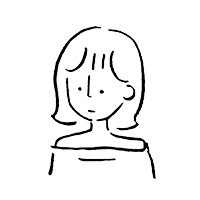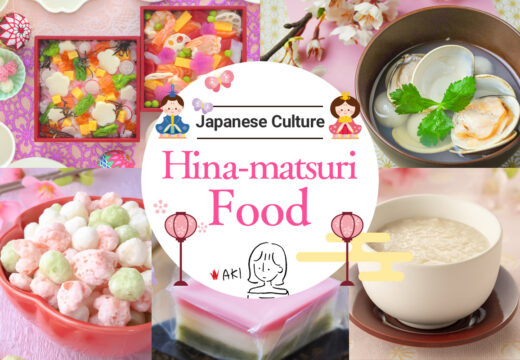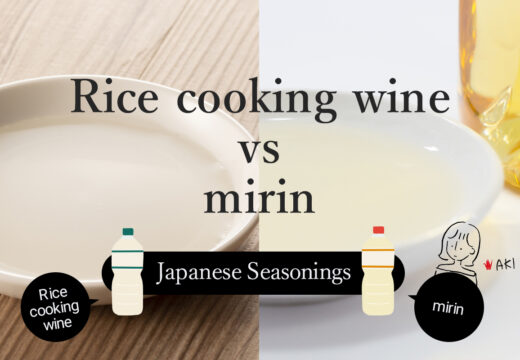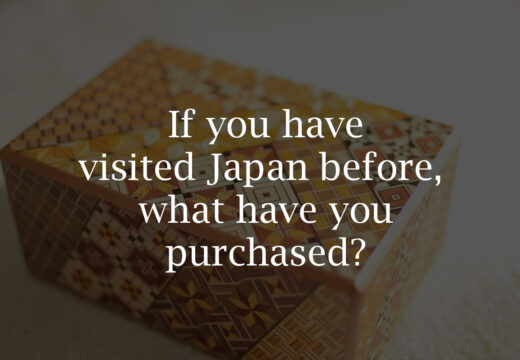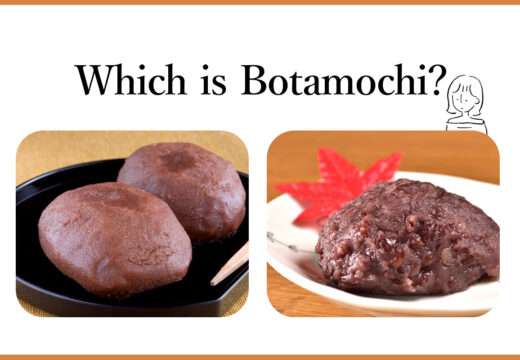“Maido” and “Ookini”? What is the unique greeting used in Osaka, Japan?
Category: Tips
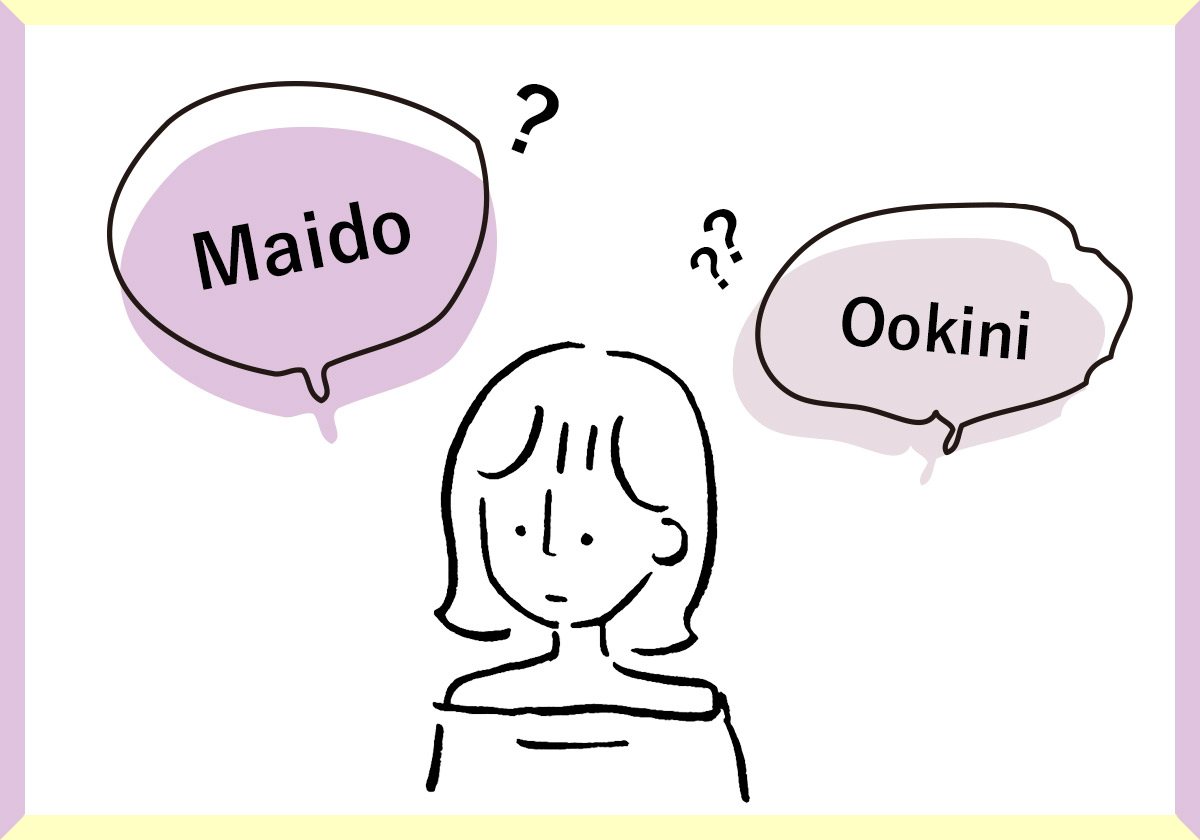
Hello everyone!
I introduced the Japanese greeting in my last column, but actually, in my part of the world, we use a different greeting.
In this article, I’ll show you some greetings you can use in Osaka, Japan!
Where in Japan can I use it?
The language I am going to introduce here is called Kansai-ben, and it can be used in the , especially in the place called Osaka.
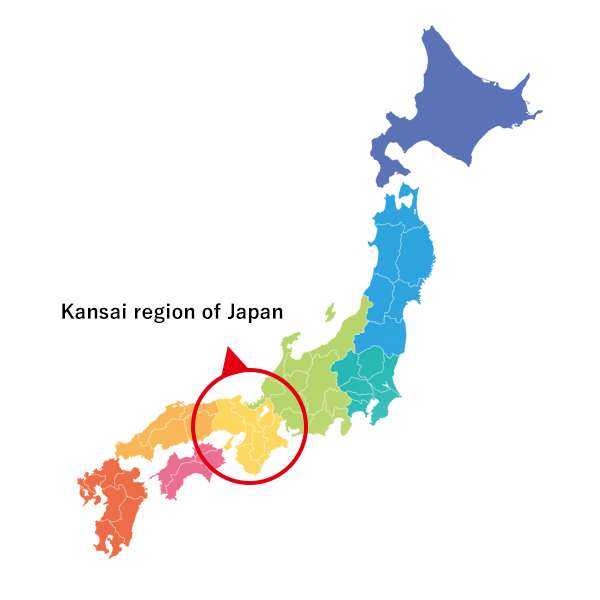
Osaka also has an international airport, Kansai Airport, which is close to China, Korea, and Taiwan, so Asian tourists often come here!
Osaka people are very friendly.
My junior colleague (Korean) even decided to work in Osaka, saying, “Osaka is more friendly than Tokyo.
Even in the same place in Japan, the atmosphere and people change quite a bit depending on where you go!
A greeting that can be used throughout the day is “Maido”.
Let’s take a look at some greetings that can be used in the Kansai region.
In fact, there are only two things you need to remember.
Good morning, good afternoon, and good evening are all greetings that can be said with one word: “Maido“.
It doesn’t matter if you are talking to a superior or a friend.
Of course, there is no need to worry about the time.
Thank you and goodbye is “OOKINI”.
“OOKINI” means “thank you,” but it can also be used to say “OOKINI!” when saying goodbye.
Since “ARIGATOU (Thank you)” is a bit long, “OOKINI” may be easier to say and more familiar in Osaka.
There are other unique dialects, but if you can remember these two, you’ll be able to say, “Wow! “If you can remember these two, you will be well liked in Osaka.
Note that this is not widely used outside of Osaka!
“You may think, “If I only have to remember two things, it’s easy! You might be thinking, “If I only have to remember two things, it’s easy!” But be careful, because it is not used at all outside of Osaka and the Kansai region where Osaka is located.
Osaka is one of the most unique areas in Japan, so much so that its own language is still used today.
Please come and visit us!
Ladies and gentlemen, thank you for reading this column so far, “Ookini“!
